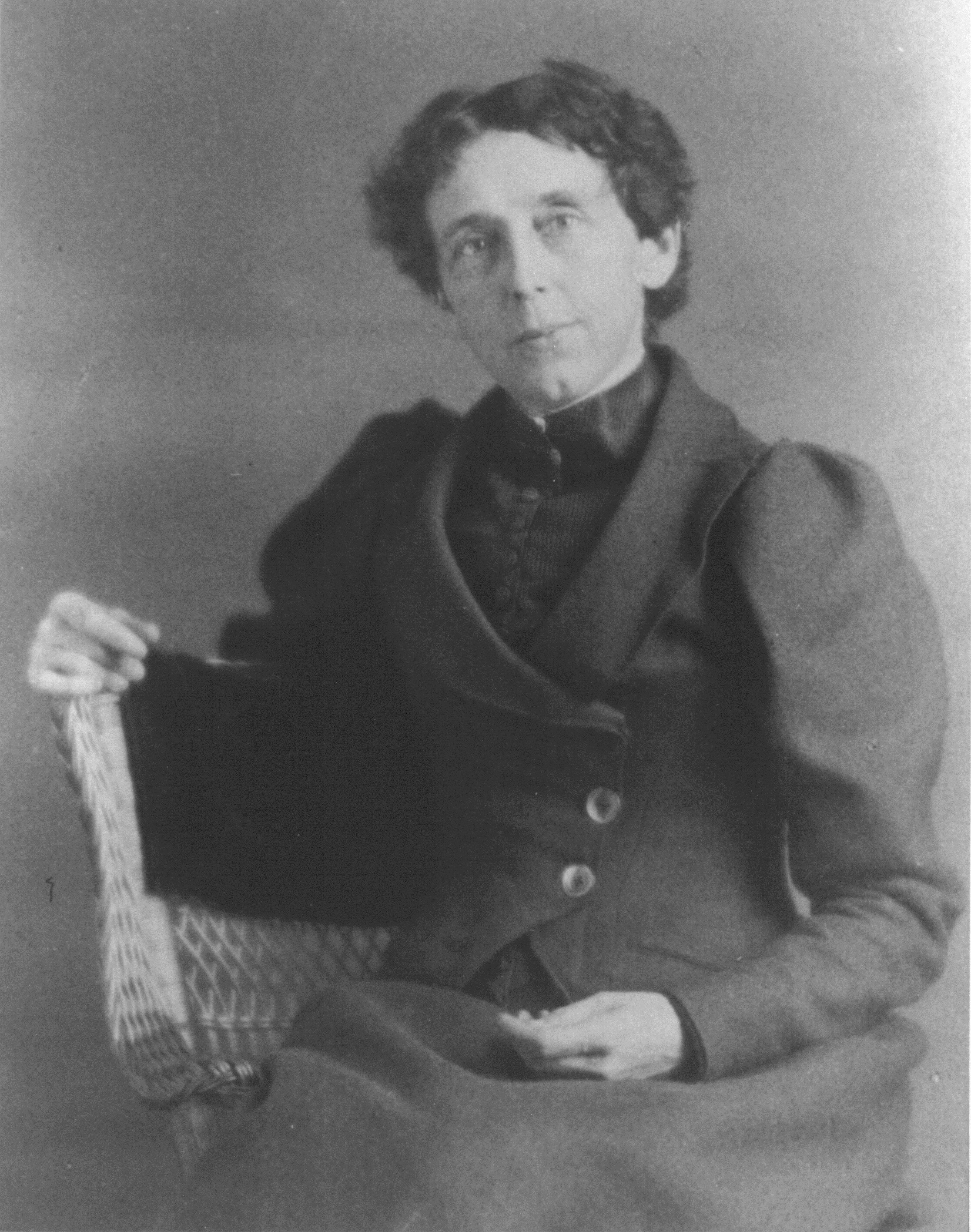Mary Hall
Induction Category:
Politics, Government & Law
Inducted:
1994
In 1882 at the age of 38, Mary Hall created a sensation when she applied for admittance to the Connecticut bar in order to practice law. It was not a question of qualifications: Hall had studied law with one of Hartford’s most respected attorneys, who not only certified that she had studied with him for the required time, but also vouched for her character. The decision to admit Hall to the bar was ultimately made by the Connecticut Supreme Court in a ground-breaking decision that established the right of women to practice law in the state of Connecticut.
Mary Hall was born in Marlborough, Conn., the eldest daughter of Gustavus Ezra Hall and Louisa Skinner Hall. Her father was a prosperous farmer and a man of unusually broad-minded convictions who believed that “women as well as men had an equal right to the ballot box and an equal chance to the employment of its blessings, as well as a share in the burden of our government.” Mary’s childhood was spent in the family homestead with one sister and five brothers. In 1866, she graduated from the Wesleyan Academy in Wilbraham, Mass., where she also taught for several years. She went on to teach mathematics at Lasell Academy and, in 1877, began her legal studies with her brother Ezra. Her interest in the law had been kindled on a trip to Hartford, Conn., where she attended a women’s suffrage convention. At the convention, she heard Hartford attorney John Hooker, husband of Isabella Beecher Hooker, speak about the restrictive property rights of married women.
Shortly after she began her law studies, Hall’s brother died. John Hooker then agreed to take her on as a student in his law office, where she studied for four years. Shortly after she began to study with Hooker, Hall was named Commissioner of the Superior Court of Marlborough. In May 1882, she made her bid for formal recognition and declared her intention to practice law. In an open courtroom, four attorneys administered the exam, which Hall passed. Despite her success and recommendation for admittance, the Hartford County Bar Association felt a judicial decision was necessary. The case captured national attention. Ultimately, the Connecticut Supreme Court issued a decision in Hall’s favor in July 1882, declaring that Hall was “a qualified person” and thus eligible to practice law in the state alongside men. The case, In Re Hall, was an important milestone in the struggle for women’s legal rights, as it was the first judicial decision in the country that permitted a woman to be a practicing attorney.
Hall spent much of her legal career handling wills and property matters for women. In addition, she became Connecticut’s first female notary in 1884 and helped establish the Hartford Woman Suffrage Club in 1885. As a philanthropist and social reformer, Hall devoted much of her time to the Good Will Club, a charity for boys which she founded in 1880 and which eventually expanded to include 3,000 members. Along with her commitment to the Good Will Club, Hall continued to practice law for four decades and saw not only the admittance of women to the American Bar Association but, finally, the recognition of women’s right to vote. In addition, she was an active member of the National Society of Colonial Dames of America in the State of Connecticut.
When Mary Hall died in 1927 at the age of 84, it was front page news in both the Hartford Courant and Hartford Times.
Born: 1843
Died: 1927
Town: Marlborough
"It is hoped that the members of the Hartford County bar will not see fit to put themselves on the illiberal side on the pending application of an accomplished lady for admission to the bar. When women are allowed as physicians and teachers without question, it would be taking a long step backward to refuse their admission to the bar. It would be regarded as an admission of fear on the part of the men."
-Hartford Daily Courant


